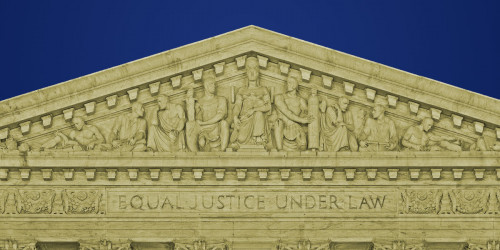This week's news roundup takes us to Iran, where censorship is getting worse, Turkey, where it might be getting better, and Zimbabwe, where a blogger is under threat.
Iran sets out to build ‘national Internet’
Iran already ranks amongst the world’s worst when it comes to online censorship. The country's censors target a variety of content, including political opposition, human rights and news sites, and a range of 'offensive' sites.
The latest news from Iran comes in the form of an announcement by technology minister Reza Taqipour Anvari, who in July stated that by the end of August, Iran will begin transitioning to a 'national Internet,' ultimately cutting off access to the global Internet for the majority of the country's citizens. Although the Intranet—dubbed the 'halal Internet' by Ali Aghamohammadi, Iran's head of economic affairs—will at first run in parallel to the Internet, Iranian officials have indicated that they would like to see its use fully replace the global Internet, not only in Iran but in other Muslim countries as well.
Despite pervasive censorship, Iran, which boasts 50% Internet penetration, is home to a well-developed and lively political blogosphere. But it was undoubtedly the protests following Iran's 2009 election that demonstrated the importance of the Internet in Iranian society.
The death of Neda Agha-Soltan has become possibly the most witnessed death in human history. Documented with a camera phone and broadcast on YouTube, Neda's death in the midst of a Tehran protest made her an unintentional hero and an icon of the 2009 protests that rocked the country. Cutting off access to the global Internet would ensure that, in the event of future protests, the world would be left in the dark.
Turkey backtracks on censorship
According to the Wall Street Journal, Turkey is backtracking on a plan to toughen Internet censorship. The plan, announced in May and set to take hold in August, would have required Turkish Internet service providers (ISPs) to offer four categories of access: family, child, domestic, and standard. The original scheme was met with online and street protests, causing the Internet Board at the Ministry of Transport and Communications to rethink their plans.
In the new scheme, Internet users will still be able to select a "family" or "child" filter from their ISP voluntarily, while users who don't opt-in will continue to have the same access to which they are accustomed.
That access will not be entirely unfiltered, however; Turkey currently blocks around 8,000 websites, most of which were blocked as a result of court orders. Serhat Ozeren, head of the Internet Board, told the Journal that the Board will also be "drafting legal amendments that would limit the right of courts around the country to order websites blocked."
Although criticism remains—for example, some analysts have complained that the family and child filters aren't customizable and that the overseeing board lacks transparency—this is a step in the right direction for Turkey. It is EFF's hope that Turkey will continue to work toward upholding international standards of free expression.
Zimbabwean Facebooker's trial postponed
Zimbabwean Vikas Mavhudzi is currently awaiting trial for allegedly posting a Facebook message on Prime Minister Morgan Tsvangirai's wall that stated: "I’m overwhelmed, don’t know what to say Mr PM. What happened in Egypt is sending shockwaves to all dictators around the world. No weapon but unity of purpose. Worth emulating, hey."
Mavhudzi was arrested in February after prosecutors claimed that his message encouraged "the taking over or attempt to take over the government by unconstitutional means or usurping the functions of the government."
Though Mavhudzi's trial was set to kick off on August 5, according to Zimbabwean publication NewsDay, it has been postponed until August 25 because state prosecutors were unable to access the Facebook message; according to the local source, the account may have been shut down.
EFF condemns in the strongest terms any efforts by the Zimbabwean government to silence its citizens' speech.









